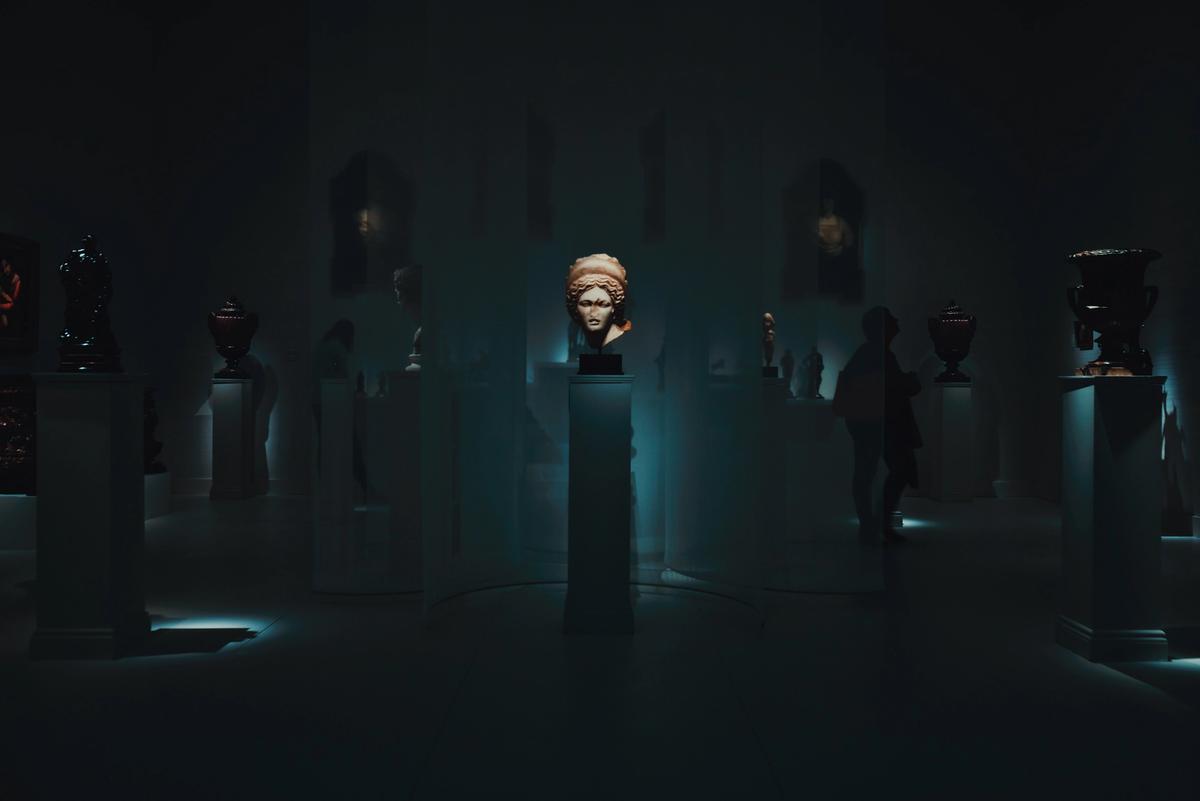A think tank focused on the illicit trade in art and antiquities has published a policy brief advising the UK government to impose tighter measures, following its withdrawal from the EU Import of Cultural Goods Regulations (EU 2019).
The art market has long criticised the stringent EU regulations, which were designed to better determine whether cultural goods had been illicitly exported from their country of origin, as being cumbersome on trade.
Rather than challenging the decision to repeal the regulations, the Antiquities Coalition claims the void left in their absence creates a "window of opportunity" to address the situation, which continues to lack sufficient regulation.
"The UK has lost its balance and now risks losing its reputation and credibility as a country that is committed to cultural property protection and combating terrorist financing", the brief says.
Particular mention is made of an emerging situation in which "The [EU] Regulation will, therefore, apply in full in Northern Ireland and not at all in Great Britain, but the UK’s current position is that the UK will not change the way in which it handles cultural goods entering either jurisdiction." In addition to creating a confusing set of rules, there is mounting concern that this could result in Northern Ireland becoming a "gateway to the EU" for trafficked items.
“The purpose of the recommendations in the [paper] is to propose measures that would achieve the objective of the EU Regs in the UK through workable measures that would not unduly hinder the legitimate art market, most of whom are well aware of their legal obligations and their responsibilities to carry out due diligence,” says Fionnuala Rogers, who authored the brief and is the chair of the UK’s Committee of the Blue Shield.
Recommendations made in the paper include the creation of dedicated points of entry for antiquities and cultural goods, where staff can receive higher levels of training to help identify illicit items; greater requirements to provide information on import documents (including the believed origin and provenance of items); the inclusion of antiquities in Anti-Money Laundering Regulations; and a categorisation system for high-risk objects, to aid customs in their monitoring of imports.
Peter Herdrich, the co-founder of the Antiquities Coalition, says “plans are underway to host a webinar to solicit thoughts from all sides on the import regulations, in the next few weeks and invite all interested parties to join us online to share their expertise.”
The DCMS declined to comment.


